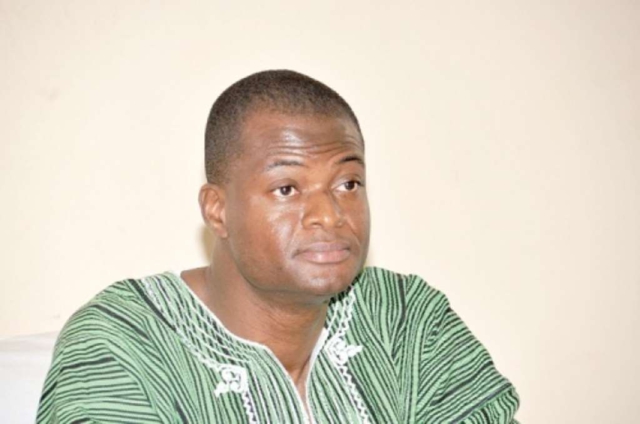The Dean of the University of Ghana School of Law, Professor Raymond Atuguba, says until government puts in place measures to empower the citizenry in legal affairs, the law will only continue to serve the rich and privileged.
According to him, due to a general lack of legal empowerment in the country, “those who have less money, less privilege, fewer connections cannot access the best of legal services to make the law serve them.”
“It’s been a big problem in many third world countries,” he told Samson Lardy Anyenini, the host of JoyNews’ The Law, Sunday.
He explained that through legal empowerment, “ordinary people who ordinarily don’t have those resources for legal intervention by themselves, with the help of cheaper or even volunteer paralegals, will be able to make the law work for them.”
“That unless we empower the bulk of Ghanaians legally, we can’t solve that problem where the law seems to be working just for the privileged and not for the underprivileged,” he reiterated.
Speaking on the topic 'Is the law an ass?' he added that, Ghana would need to revise its implementation of the legal aid mechanism.
According to him, the current legal aid is ineffective because it does not respond to the country’s economy, society and politics.
“I give you one example, in most countries in the developed world, the percentage of people who can’t pay for legal services is limited.
"In other words, most of the society earn an income that makes them capable of accessing and paying for legal services and then a smaller percentage in that country do not have access to legal aid and then the state provides.
“So, for example, 90% can pay and then the state provides for the 10%. The mistake we’ve often made is to pick that model and then apply it to a place like Ghana, where the table is turned.
"The table is turned because 10% can pay for effective super-legal services in Ghana, and 90% cannot pay. That is a recipe for failure. It just will not work,” he said.
“It has not worked since independence, and it will not work. For communities and societies such as ours, you have to implement strategies for legal empowerment in order to get out of the conundrum.
"Because there is no way the state can pay for legal services for lawyers for 90% of the population,” he concluded.
Latest Stories
-
Majority requests recall of Parliament
16 mins -
Kanzlsperger and Professor Quartey support WAFA with medical Donation
16 mins -
Gideon Boako donates 10 industrial sewing machines to Yamfo Technical Institute
34 mins -
‘Golden Boy’ Abdul Karim Razak honored at WAFU-B general assembly
48 mins -
Buipewura Jinapor secures Vice Presidential position in National House of Chiefs with record votes
57 mins -
2024 election: I want results to come out like ‘milk and honey’ – Toobu
58 mins -
Ghana’s Henry Bukari hands over chairmanship of ECOWAS Brown Card Council of Bureaux
1 hour -
Residents of Dome-Kwabenya on edge ahead of December elections
2 hours -
Moffy drops new single ‘Wo’, blending culture and modernity
2 hours -
Don’t bring soldiers to polling stations – Martin Kpebu
2 hours -
Ogyeahohuo Yaw Gyebi II retained as President of National House of Chiefs
2 hours -
Embrace ICT to fit in digital world – Ho NYA boss to youth
3 hours -
We don’t want armed soldiers at polling stations – Tanko-Computer
3 hours -
Drama as police corner armed robbers inside locked forex bureau at Lapaz
3 hours -
NEIP CEO to Kwaku Manu: You can support any political party, but stop misbehaving in NPP colours
3 hours

